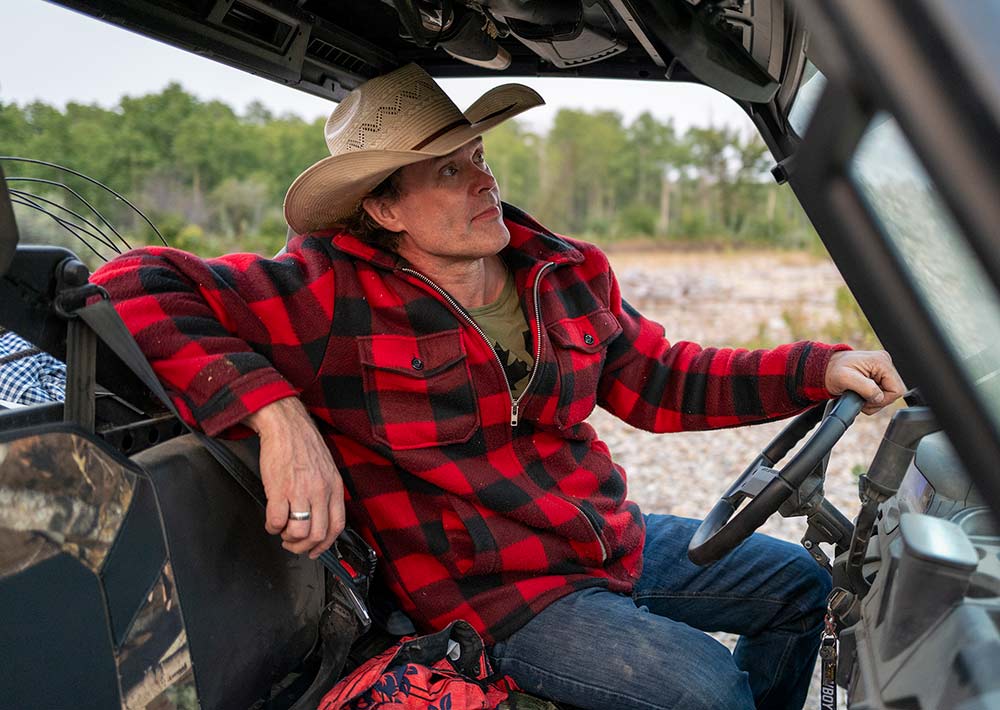
Corb Lund: “I only feel confident in the tunes if I really feel they represent this vision I’m trying to create with my life.”
The Canadian country artist discusses his musical roots, proudly DIY aesthetic, and the evolution of his ‘scruffy’ and ‘quirky’ sound
In the landscape of Canadian country music, few artists command attention quite like Corb Lund. Based in Alberta on his family farm, this singer-songwriter weaves tales that echo the rich tapestry of his Western heritage. Most recently, Lund released his single Redneck Rehab, taken from his twelfth album, El Viejo, due on 23 February via New West Records.
Lund’s distinctive voice resonates with narratives that span from cowboy folklore to the complexities of modern life. Seamlessly, his songwriting showcases the traditions of country and folk, while also incorporating various elements of rock and Americana. Over the years, Lund has gained attention and fans across the world, consistently being praised for his authenticity and skilfully crafted lyrics.
When speaking with us, Lund shares his personal approach to songwriting, sheds light on his unique musical style, and explains how his background influenced his commitment to continue making music that feels authentic to him. Lund also opens up about how he chose the songs on his upcoming album and shares his personal advice for aspiring songwriters…
Are you currently based in Alberta?
“That’s right. Alberta is in Western Canada and the Rockies, north of Montana and Wyoming.”
How do you find the songwriting scene in Alberta?
“Well, honestly, I don’t participate a whole lot. When I was younger, coming up, I was part of a local scene. But, I toured internationally so much that when I’m home, mostly I’m just catching my breath. I probably should keep my finger on the pulse of the local scene more, but I’m just too busy. So when I get home, I’m just laying on the couch catching my breath.
Do you usually prefer to write alone then?
“Ideally, yeah. I’ve got two that are friends that I am comfortable writing with. I haven’t had much luck. I mean, I guess the songs turned out okay. But on my last record, before this one, I did a few collaborations with, you know, ‘professional Tennessee writers’. My stuff’s weird and quirky and fucked up and strange. For me, they were nice people and I think they’re really good at what they do. But, that’s not really my cup of tea. So, it was an experiment and it was fine.
“Most of my successful co-writing attempts have been with a guy named Hayes Carl, and another guy named John Evans. They’re both from Houston. They’re both really close friends. I’ve done the most recently with my friend Jaida Dreyer. She’s who I wrote Redneck Rehab with.”
Can you speak about how you got introduced to Jada? Because she’s also Canadian, but she’s based in Nashville…
“Yeah, she’s born in Canada. I think she spent her entire life in the southern US. I think I met her through shows and other musicians and stuff. I can’t remember. It’s been so long. We just hit it off really well, musically. Bottom line is she’s awesome. She’s great to write with and we can just fall right into it and we laugh a lot.”
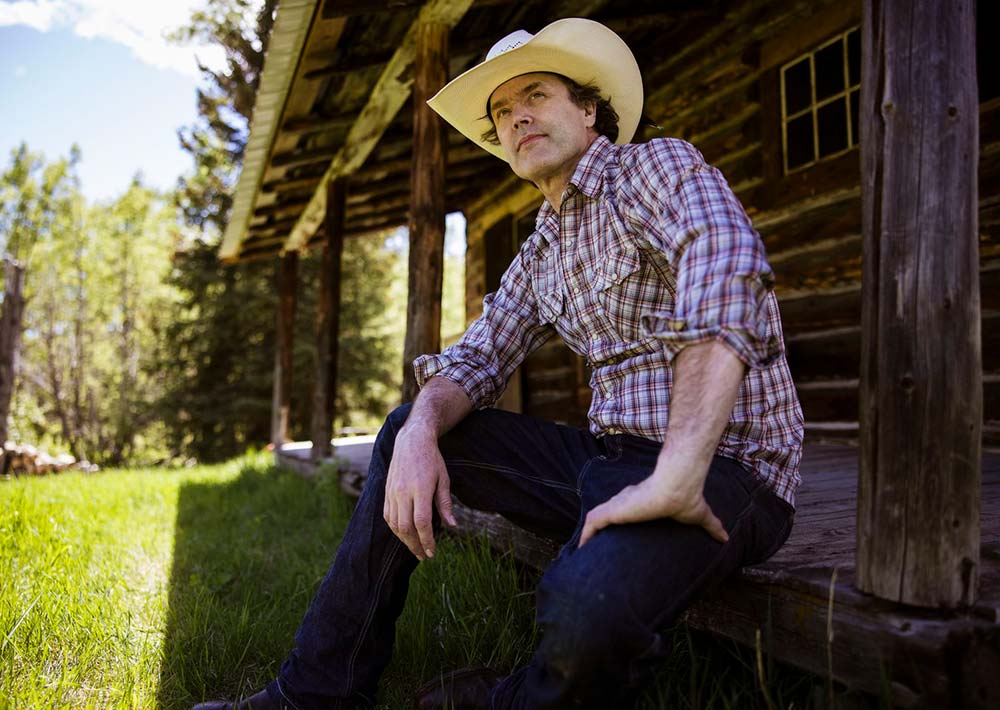
Corb Lund: “What it boils down to is, I just do shit that I think is cool.”
You described your music as ‘quirky,’ can you speak a little bit more about why you use that word to describe it?
“Yeah, there’s a bunch of words. ‘Subordinate,’ this is a good one. ‘Scruffy,’ is a good one. I just have things in my head that I’m trying to do and it has nothing to do with popularity, or radio cuts, or any of that. It’s just I have this thing that I’m driven to do and create. What it boils down to is, I just do shit that I think is cool.
“I started out in a speed metal band in my twenties and it was a scene where it was super do-it-yourself, roll up your sleeves, anti-corporate, do everything you can to make your own unique voice. So, my songwriting DNA was forged in that kind of scene. I’ve done everything from being my own publicist, my own booking agent, to my own manager, to my own t-shirt printer.
“I have built an audience, person by person. My entire audience has been made up by touring. Therefore, I don’t have very many casual people at my shows. They’re either fully into what I do, or they just aren’t there. That sort of is a reflection of my writing, because my writing is completely geared around making me feel good. And if there’s people who want to come along for the ride, cool.”
Between now and 2020’s Agricultural Tragic, how many songs have you written before releasing Redneck Rehab?
“I’m not a volume guy. I put most of them on the record. I don’t really write 100 and then pick 10. If they’re not really what I consider top notch, they just never get past the early stages. So for me, there’s a lot of wreckage along the highway; stuff that gets maybe 10 percent finished or 70 percent finished and I just abandoned it if I don’t feel like it really represents what I’m trying to do. So, I don’t really end up with a whole bunch of completed tunes. I end up with a whole bunch of blind alleys and red herrings and unsuccessful avenues that never get finished.”
It’s interesting to hear you say that most of what you completed writing is on the album…
“I’m not religious. I’m just using it as a turn of phrase. Writing for me is quasi-religious. I don’t feel at all comfortable with releasing stuff that I think, ‘That’s not bad. I’ll put it out there. Maybe somebody likes it, I don’t know.’ I’m really uncomfortable with that. I only put out stuff that I’m 100 percent behind. I only feel confident in the tunes if I really feel they represent this vision I’m trying to create with my life.”
What advice would you give an aspiring songwriter from what you’ve learned over the years?
“I would say just keep doing it and doing it and doing it and ignore the music industry. Build your own world around you. Because you might not be Garth Brooks huge, but you have a better chance of having power and building your own career. The more stuff you do on your own, and the less you lean on the music industry, the better off you are.
“And can I say one more thing? I don’t get to talk about songwriting that often. A big part of my writing process, too, is the actual instrumentation and the arrangement of the songs with my band. Because, you can take a song that’s an acoustic demo and make it 15 different ways, right? I consider the arrangement and the recording and what the instrumentation is set up to do as part of the songwriting.
“I spend a lot of time with my band on arrangements. You get a very different result than you get if you just hand over to a group of professional studio people who are excellent, but if you don’t give them direction, you just get kind of a generic take. My approach, and I would add this to my advice for young writers, is to spend a lot of time on arrangements, interesting instrumentation and stylistic choices, when it comes time to record it.”
So you would recommend songwriters to understand more of the composition behind the track?
“Yeah, like arrangement stuff. Study that and steal from everybody because there’s all kinds of styles of music you can borrow from, you won’t where it came from but it really gives the songs light. Sometimes the arrangement and the instrumentation can carry the song, right, and maybe the song is okay on its own, but when you add it to the particular rhythmic feel and the instrumentation you’ve chosen, it really can come to life. I think that’s a lost art in a lot of ways.”


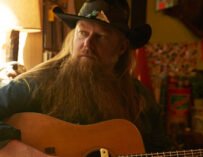
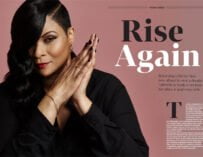
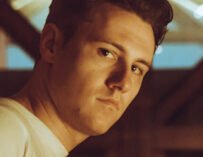
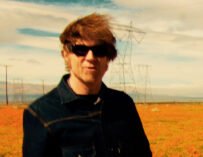


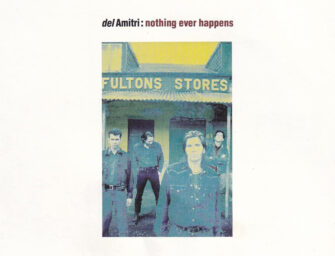

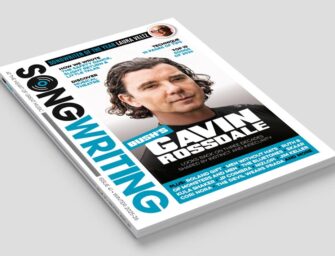
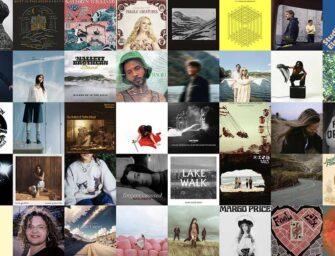




















Related Articles